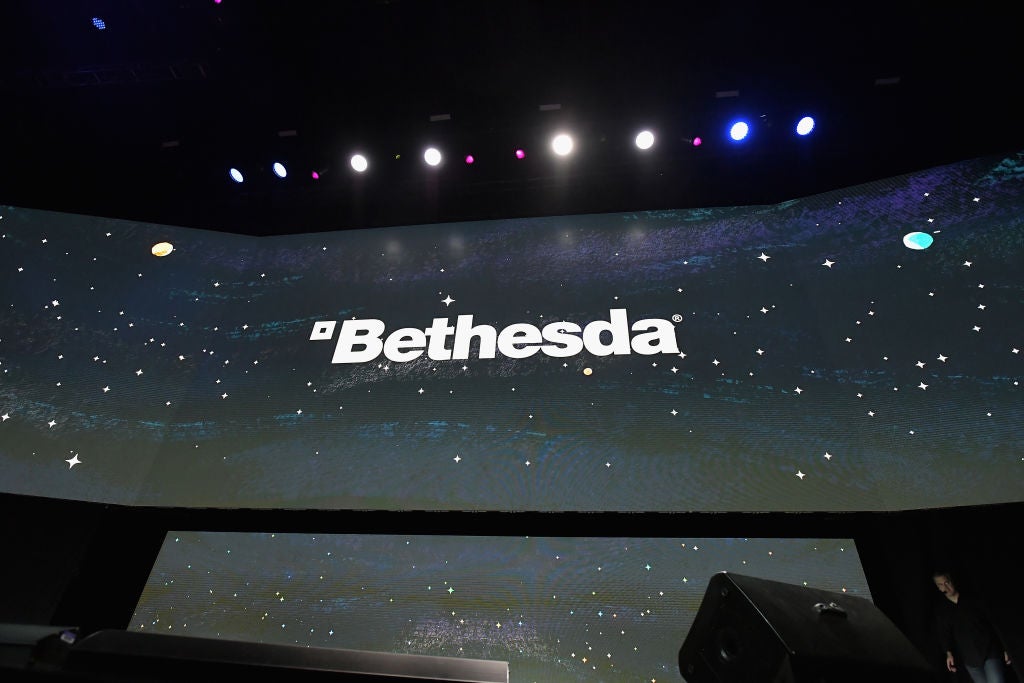
Netflix‘s plans to open a new video game studio is only the beginning as analysts predict streaming platforms will move closer to interactive entertainment like games in the future.
“[The] lines between music, podcasts, video and gaming companies will become increasingly blurred [by 2030],” Charlotte Newton, analyst at GlobalData, said in a new podcast from the research firm.
She argued that this development will come as a result of the streaming market becoming increasingly saturated over the next eight years. The ongoing streaming war between the likes of Netflix, Disney and Apple are, in other words, just at the beginning of being fought.
At the same time, Newton noted that the current cost-of-living classes will also further motivate consumers to be more selective in what platforms they sign up to.
“This means that platforms with big budgets will become entertainment all-rounders through a series of mergers, acquisitions and strategic partnerships as they try to differentiate their offerings from their competitors,” Newton said.
Why would streaming giants want to get involved in video games?
In other words, there is no great mystery as to why traditional streaming platforms would like to get involved in video games: they will need to in order to survive. Moving into video games could also prove extremely lucrative as it is an industry GlobalData estimates will be worth $470bn by 2030.
How well do you really know your competitors?
Access the most comprehensive Company Profiles on the market, powered by GlobalData. Save hours of research. Gain competitive edge.

Thank you!
Your download email will arrive shortly
Not ready to buy yet? Download a free sample
We are confident about the unique quality of our Company Profiles. However, we want you to make the most beneficial decision for your business, so we offer a free sample that you can download by submitting the below form
By GlobalDataThe move also comes as cloud technology is increasingly poised to take on a bigger role in the future of gaming.
“This technology will enable a key change in entertainment,” Newton said. “So Big Tech companies alongside game developers will change the status quo, offering device-agnostic services underpinned by cloud technologies. Imagine being able to pay, for example, graphic-intensive games as small as a smartphone with hundreds of thousands of other players in the same virtual space. It really is an exciting prospect.”
Cloud gaming isn’t the only development Newton expected to see in the next few years: she also thought 5G, augmented reality, virtual reality, artificial intelligence will play a huge role in the next decade.
“They will help to create what can best be described as a metaverse, which will host virtual platforms on which consumers will enjoy new-age entertainment,” she said.
In other words, she expects that entertainment in general will become more immersive and bespoke to users. It is part of this trend that she believes streaming platforms will move closer to video games.
That being said, the vision of an entirely cloud-based gaming future suffered a setback in September when Google announced it would shut down its cloud gaming platform Stadia.






